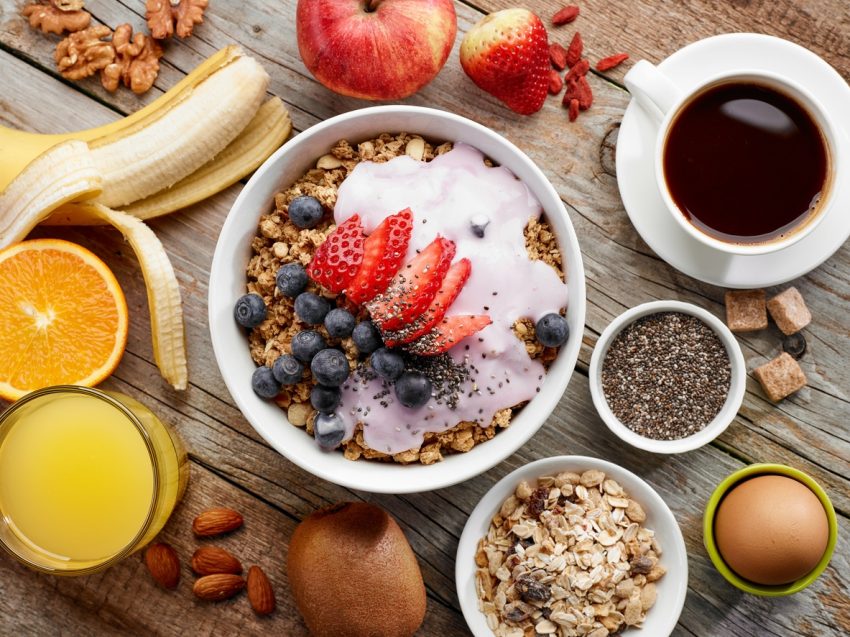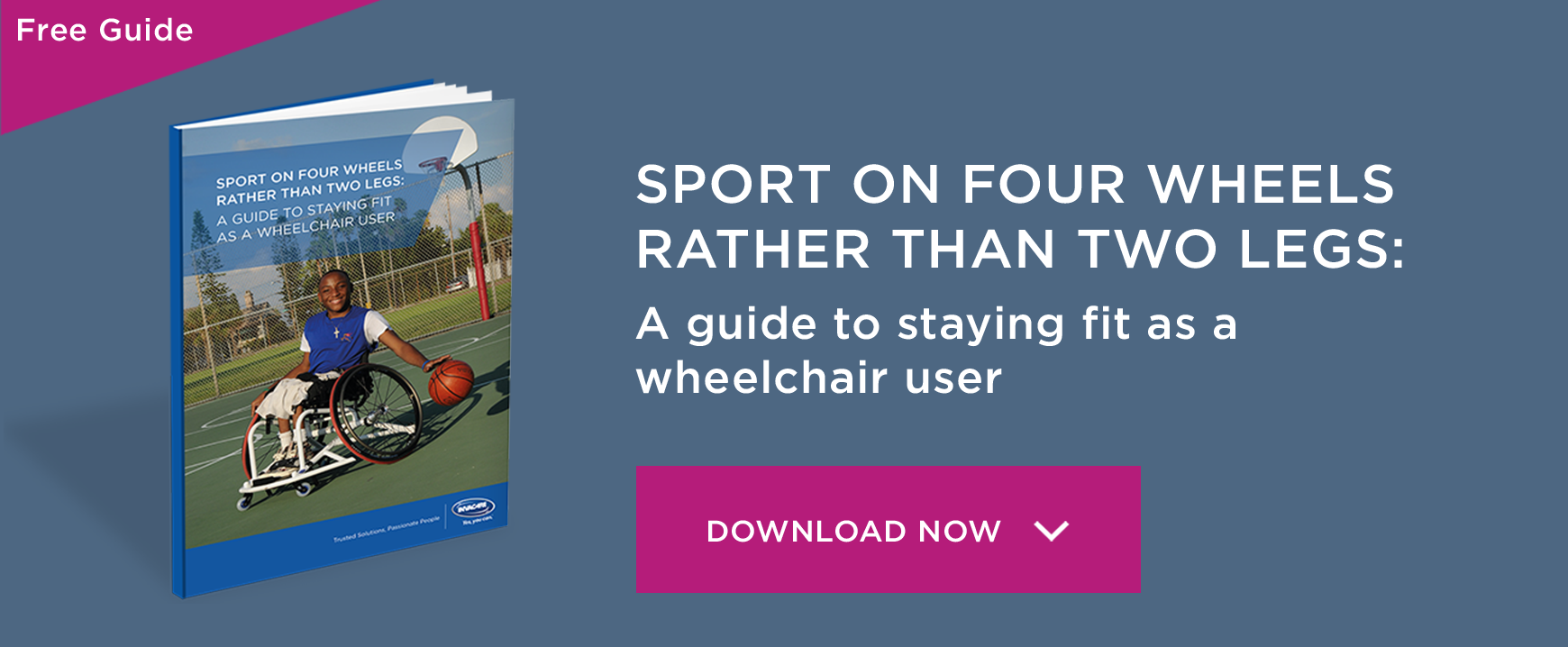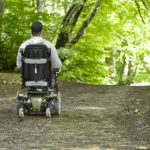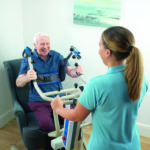Should You Change Your Nutrition After A Spinal Cord Injury?

After sustaining a spinal cord injury, you may not be able to eat the same way you used to. Before changing your diet, you should talk to your doctor, and maybe even a nutritionist or dietician.
It can be hard to change our eating habits, but it is important to look at your new lifestyle and determine if the nutrition you are getting is ideal for keeping you healthy. Also, nutrition and exercise go hand-in-hand to keep you fit and healthy.
Changes In Nutritional Needs
After a spinal cord injury, you are more at risk of developing complications such as obesity, diabetes, or high cholesterol. This is due to both the injury and the physical challenges you may face while trying to shop for and prepare meals. Here are some of the possible complications related to nutrition that you need to be aware of:
- Weight Gain
- Risk of Pressure Ulcers
- Loss of Bone Density, or Osteoporosis
- Changes in Muscle Composition- Lower Ratio of Muscle to Fat
What Causes These Risks?
Injury to your spinal cord causes denervation to your muscles. This reduces your metabolic activity. Because of this, the nutrition and calorie guidelines for someone your size need to be adjusted to maintain a healthy weight. Most likely, unless you are highly active and athletic, you will need to consume fewer calories.
Some types of diets may be unhealthy for you. Even if you are reducing your calories, you need to make sure you are eating well-balanced meals that provide all the vitamins and nutrients your body needs.
Some ways to help control your weight are:
- Reading Nutrition Labels
- Being Intentional About Planning and Shopping for Meals
- Choosing Low Fat Foods
- Choosing High Fiber Foods
- Not Skipping Meals
- Eating A Variety of Healthy Foods
- Eating At Optimal Times Of Day
- Using A Divided Plate To Help With Portions
Health Consequences Beyond Weight Gain
Besides causing excess weight gain, not getting proper nutrition can cause other problems, too. People with spinal cord injuries must think about their bowel and bladder management. These can be two of the toughest issues to manage.
It is recommended that you eat 15-30 grams of fiber per day to help with bowel management. However, eating over 20 grams of fiber can sometimes cause constipation. The key is to find what amount works for you. Each person will have a different degree of innervation to their bowels. You want to find a balance where the fiber is helping move the food through your bowels, but it is not making it so bulky that you get constipated. Also, drinking at least 1.5L of liquid will keep things softened up and moving along.
Drinking enough liquid is also important for your bladder. Adequate water can help prevent kidney infections and bladder stones. Drinking pure cranberry juice several times a day is also thought to help prevent bladder infections as well.
Consuming enough Vitamin D and Calcium helps prevent loss of bone density. And one of the best ways to maintain bone density is to do weight bearing activities. If you are able to weight bear, then that is great. But having a spinal cord injury often means you do less weight bearing and are less active in general. Because of this, you need to be even more conscious about your Vitamin D and Calcium intake
The risk of wounds can be increased with poor nutrition. If you do not eat enough healthy foods, or you do not drink enough, your skin can become more susceptible to tearing. While being overweight contributes to pressure ulcers because it is harder to transfer and keep weight off certain areas, being underweight can also create a risk. When you are underweight, there is no fatty cushion between skin and bone, and you are more likely to have skin breakdown around areas of bony protrusion.







